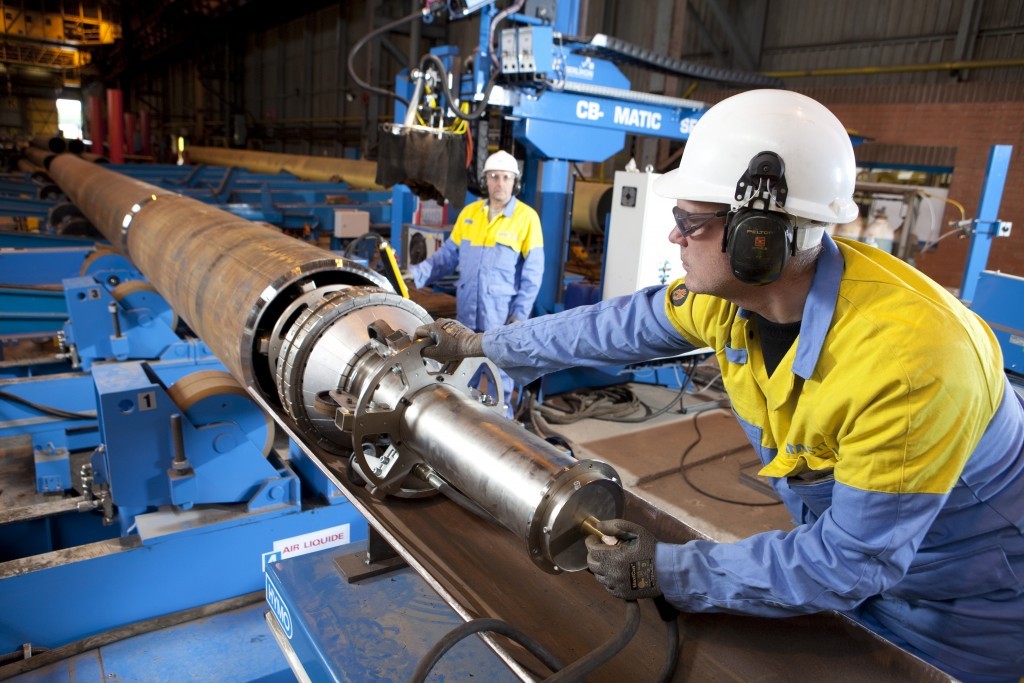
Steel used to construct a major new wind farm near Port Talbot “more than likely” comes from China, contractors have admitted.
The Pen y Cymoedd Wind Energy Project is being built less than an hour’s drive from the Welsh town’s steelworks – where 750 jobs are being cut.
But according to reports, steel used to make the 76 giant turbines for the south Wales wind farm has come 5,000 miles away in China.
The wind farm is being managed by energy firm Vattenfall, while multi-national firm Siemens is tasked with providing the hard materials and the engineering expertise.
Both firms say they have been unable to use materials from Tata’s plant nearby because it does not make the right kind of steel.
A spokesman for Siemens told the South Wales Evening Post: “We source both British and Asian steel, and wherever possible, we seek to use local suppliers. It is fair to assume that, given the industry trade, Chinese steel is currently the cheapest in the market. It is more than likely Chinese steel being used.”
“One of our procurement experts believes that Tata didn’t produce the right kind of steel for fabrication of the towers. It’s probable that anyone appointed would have had to go abroad to source it.”
Business leaders have branded the news as a “slap in the face” for local workers. Last week Tata steel announced it would be axing more than 1,000 jobs across the UK and blamed cheap Chinese imports for a downturn in its business.
Labour MP’s for Aberavon Stephen Kinnock said more needed to be done to support the country’s steel industry.
He said: “I visited the wind farm site last year and was saddened when I was told that the steel for the turbines was not going to come from Port Talbot.
“I’ve spoken with contacts in the industry and it would appear true the plant there does not make the right kind of steel for the turbines.
“However, it is outrageous that it hasn’t even come from the UK. This is another example of the UK government’s abject failure in helping the steel industry. It really has not done enough. For example its compensation relief to help energy intensive businesses like Tata came too late and should have happened sooner.”
Mr Kinnock added although there are strict EU limits on so-called “state aid”, he believes the UK Government should ensure that 10% of tax-payer funded projects needing steel should feature metal made in Britain.
“If you change public procurement in the public sector then it will have a knock on effect to the private sector too,” he added.
Recommended for you
